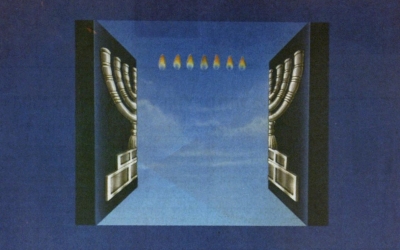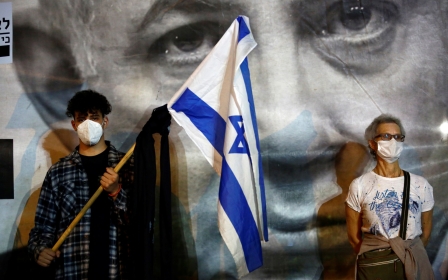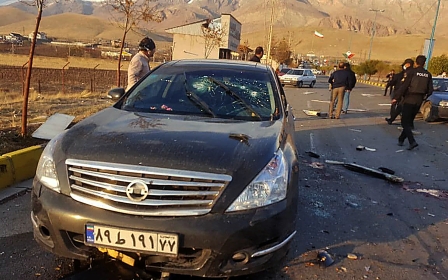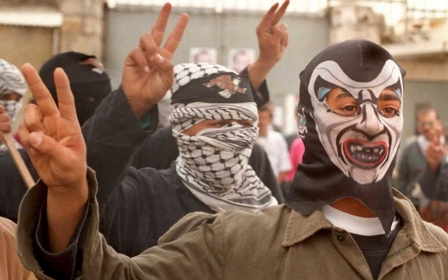Israel: Expect fewer assassinations and less noise from Mossad's new leader
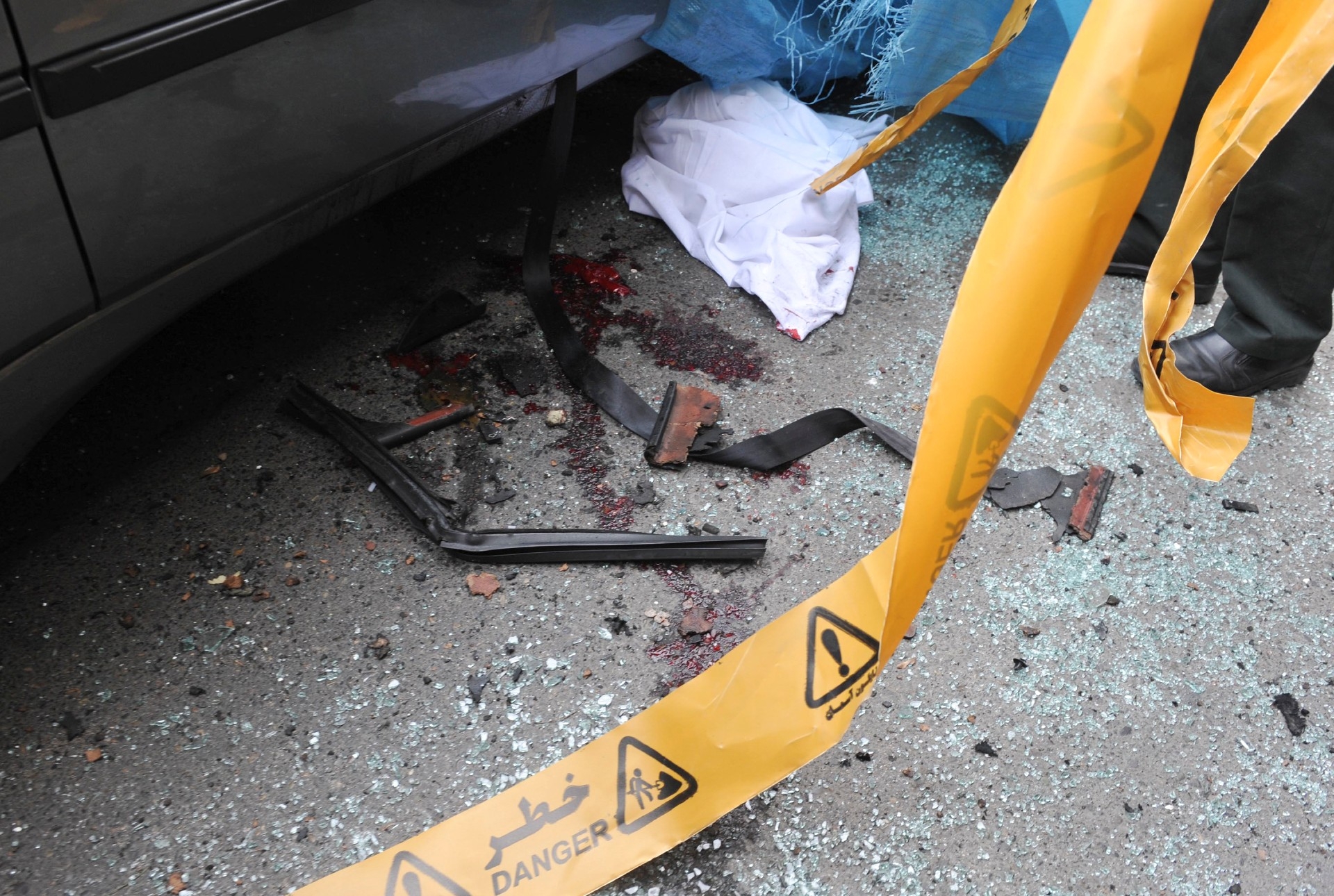
With the naming of David (Dedi) Barnea as the new chief of Mossad, Israel’s foreign espionage agency is expected to undergo some changes - though notably not in the nature of its missions, operations, and priorities.
The main changes will reflect the different styles, traits, and characters of the outgoing Yossi Cohen, who will retire next week, and his successor.
Barnea intends to position Mossad again as a clandestine, under-the-radar organisation, with much less of the fanfare and PR that has characterised the five and a half years of Cohen’s term. It is also clear that the agency under Barnea will be less politicised, and its new boss is certainly set to be less close to Prime Minister Benjamin Netanyahu.
Born in 1965, Barnea lives north of Tel Aviv in the Sharon region. Like Netanyahu, he did his military service in the elite Sayeret Matkal special operations force.
Barnea intends to position Mossad again as a clandestine, under-the-radar organisation, with much less of the fanfare and PR that has characterised the five and a half years of Cohen’s term
He enlisted in Mossad in 1996 following the murder of Prime Minister Yitzhak Rabin in 1995 and became a case officer. After a year and a half of training, he was recruited to Tzomet (“Junction”), Mossad’s division responsible for identifying, recruiting, and handling agents. It was in this division he spent his entire Mossad career – except a two-year stint as deputy head of Keshet (“Bow”), which is tasked with infiltrating and monitoring targets.
New MEE newsletter: Jerusalem Dispatch
Sign up to get the latest insights and analysis on Israel-Palestine, alongside Turkey Unpacked and other MEE newsletters
In 2019 Barnea rose to be the spy agency’s deputy head.
But spy work has not been the sum of Barnea’s career. He took leave from his active service to study business administration and finance at New York University, following a short period working as a senior business manager at an investment bank in Israel.
The business and finance skills he developed there are seen as an important asset that has already contributed to his professional career as a spy. Many intelligence agencies, including Mossad, register and run companies, sometimes as a front and occasionally as genuine entities, to enhance their recruiting and information-gathering operations.
In Tzomet, his recruitment of agents was primarily geared towards targeting Mossad’s number one priorities: Iran and Hezbollah.
A change in tactics
As Mossad deputy head, Barnea oversaw, together with Cohen, most of the organisation's missions since 2019. One of the most prominent was the daring assassination of Mohsen Fakhrizadeh, the head of Iran’s military nuclear programme, who was gunned down while travelling near Tehran on 27 November 2020.
The Iranian scientist had been wanted by Mossad for at least a decade and a half but managed to escape several attempts on his life. Still, most of those in Mossad’s top echelon know that the damage caused by assassinations to Israel’s enemies is only short-lived. Iran is now closer to assembling its first nuclear device, as the IAEA chief warned this week, than it was before the killing of Fakhrizadeh, and certainly before 2018 when then-US President Donald Trump left the 2015 nuclear deal and imposed tougher sanction on Tehran.
Throughout his five-and-half-year tenure, Cohen boasted that he had advocated the use of assassinations to terminate the work of Iranian nuclear scientists, Hamas engineers, and Hezbollah senior commanders.
Barnea, one can assume, will use the tactic as a last resort, if at all.
Mossad is an espionage agency whose core mission has been collecting information through agents - human intelligence or HUMINT. But over the past decade and a half, it has increasingly made use of technology and cyberwarfare (SIGINT).
It appears that this hybrid trend towards what has been dubbed HUGINT - a combination of human intelligence and signal intelligence - will continue.
Nevertheless, one myth about Mossad that will be difficult to refute even under the low-key Barnea is the assumption that the organisation is a killing machine dedicated to assassinating the enemies of Israel and sabotaging targets. It is not.
Mossad, under whoever is at the helm, is dedicated to gathering intelligence and providing an honest assessment to the government of the situation surrounding Israel. Yet the "killing machine" myth is helping inflate Mossad’s image as an omnipotent organisation.
The assessment of senior officials in Mossad and the entire intelligence community is that Barnea will again make the agency a low-profile organisation that avoids the public eye and the personality cult that typified the Cohen era.
With a 7,000-strong workforce, Mossad is not the one man band Cohen tried to portray it as. The agency relies on teamwork. Each successful operation is a result of laborious efforts by dozens and sometimes hundreds of analysts, intelligence officers, technologists, drivers, couriers, and operatives at its headquarters north of Tel Aviv and out in the field around the globe.
A bridge to the Arab world
One of Barnea's main tasks will be to perform with professional integrity and present to Netanyahu, if he remains prime minister, an accurate intelligence picture, even if it is not to Netanyahu's liking.
Another priority will be improving the relationship between Israel and the United States during President Joe Biden's term, and between the Mossad and the CIA in particular. The new spy chief will have to work hard to defuse the tensions created by Netanyahu over the expected reviving of the nuclear deal.
Yet it can be assumed that the basic agenda of Mossad will not change. The effort to collect information about the Iranian nuclear programme and foil its military aspects, if the need arises, will remain the top priority.
As the last war in Gaza - the fourth in 12 years - has proved, even if Israel tries to run away from dealing with the conflict, Palestine is not a marginal problem
It is interesting to note that because of its mandate to operate outside Israeli borders, Mossad is absent from one area: Palestine. This is left to the military, its intelligence, and to Shin Bet, the domestic security agency.
Netanyahu and Cohen, obsessed with Iran, have refused to advance and support negotiation with the Palestinian Authority (PA). Netanyahu’s attitude was to deal with the PA and Hamas by “divide and rule” while attempting to “manage” the conflict by weakening both.
But as the last war in Gaza - the fourth in 12 years - has proved, even if Israel tries to run away from dealing with the conflict, Palestine is not a marginal problem.
One can only hope that the new head of Mossad will find a way to get himself involved in advancing a peaceful solution to the Israeli-Palestine dispute and realise Mossad's potential as an organisation that can serve as a bridge with the Arab world.
Middle East Eye delivers independent and unrivalled coverage and analysis of the Middle East, North Africa and beyond. To learn more about republishing this content and the associated fees, please fill out this form. More about MEE can be found here.


